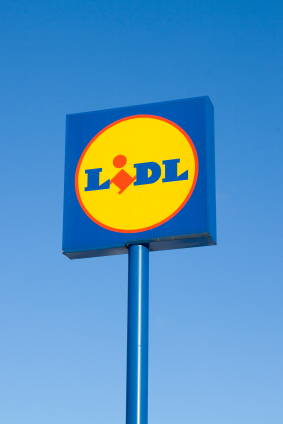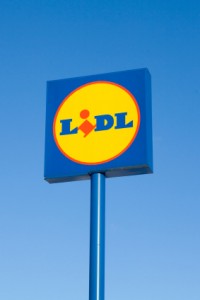Discount retailers to thrive, even after recession

The recession has m ade a huge impact on consumer shopping habits, not least in grocery retail – evidenced by the fact that just under half (46%) of all shoppers now use discount retailers such as Aldi, Lidl and high-street pound shops. However, findings this week suggest that is by no means a short-term trend, and that we’re actually experiencing more of a long-term cultural shift.
ade a huge impact on consumer shopping habits, not least in grocery retail – evidenced by the fact that just under half (46%) of all shoppers now use discount retailers such as Aldi, Lidl and high-street pound shops. However, findings this week suggest that is by no means a short-term trend, and that we’re actually experiencing more of a long-term cultural shift.
The findings, put together by research charity IGD and specialist wholesaler Rowan, highlight the fact that discount grocery retail is enjoying a surge in popularity, spreading right across the social spectrum. By 2017, it is anticipated that the sector is to grow by two-thirds, making it worth an estimated £12.4bn.
Specific statistics reveal that 26% of shoppers plan to use food discounters more in the coming year, with a further 22% intending to make use of high street discounters more frequently.
The most interesting note, as mentioned, is that around 85% of these cost-conscious shoppers are expected to keep on using these discount outlets even once their personal finances have improved – indicating that although the current boom may have been partly triggered by tough economic conditions, the sector should remain buoyant even after the economy returns to growth.
Furthermore, it is believed that consumers are pleased with the quality of produce sold at these stores, and having now used them for a reasonably long period, have become conditioned to seek out the most cost-effective products available.
Also of interest is the belief that consumers are now shopping more often, rather than just being confined to a traditional ‘once weekly’ shop. In my blog two weeks ago (Food waste now accepted, but who’s to blame?), I looked at some of the methods by which we could achieve such a reduction, and maybe this trend should be considered one of them. By making purchases during the week on an ad-hoc basis, are we less likely to end up with waste, as compared to bulk buying in advance based on an entire week’s expectations?
Or, maybe this line of thinking is naïve. It’s entirely feasible that cheaper goods could result in unnecessary ‘impulse’ buys which aren’t valued to the same extent a more costly purchase would warrant.
– Simon Rowley



